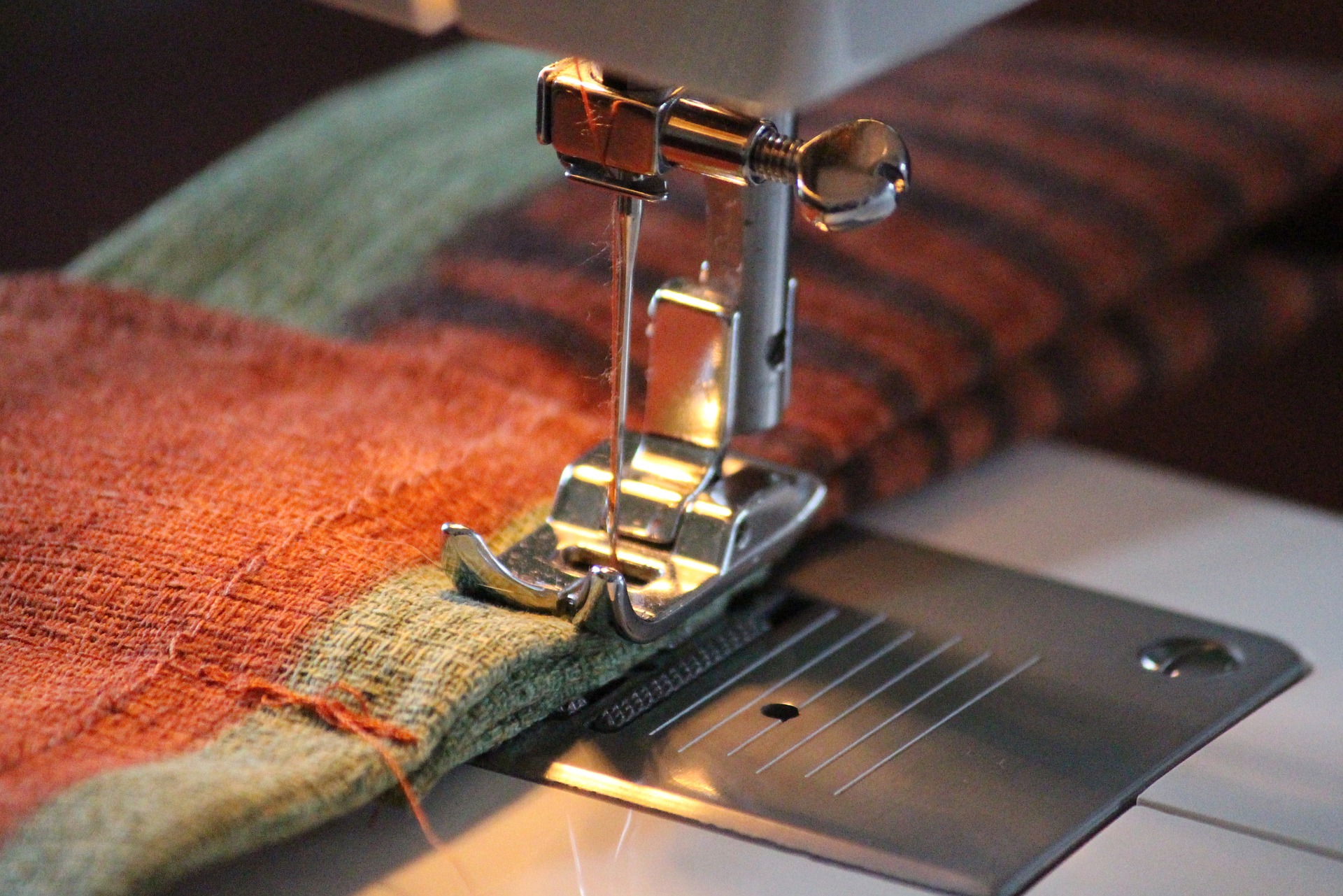 I find myself to be very vocationally oriented, often tracing back the thread in my life that led to me to where I am, being aware of how God sews that vocational thread through each and every day of my life. This sewing comes, quite often, in our decisions, large and small. Ignatius calls such decisions—especially the important ones—an election. Throughout the course of my day I will elect how I will approach my lesson plan with my students. I will decide how to react to a friend’s brutally honest criticism. I’ll choose whether to spend my evening relaxing or getting work done. Throughout the course of my life I’ve chosen to enter and leave religious life, get married, apply to a certain job, and move across the country. Each of these elections, when made in concert with God, sows another stitch in the fabric of our life.
I find myself to be very vocationally oriented, often tracing back the thread in my life that led to me to where I am, being aware of how God sews that vocational thread through each and every day of my life. This sewing comes, quite often, in our decisions, large and small. Ignatius calls such decisions—especially the important ones—an election. Throughout the course of my day I will elect how I will approach my lesson plan with my students. I will decide how to react to a friend’s brutally honest criticism. I’ll choose whether to spend my evening relaxing or getting work done. Throughout the course of my life I’ve chosen to enter and leave religious life, get married, apply to a certain job, and move across the country. Each of these elections, when made in concert with God, sows another stitch in the fabric of our life.
Yet take a look at the way many in society make important elections and you’ll find some unhealthy approaches. For many, decisions are made based on what’s best for the person. Their decisions are inwardly focused. Patrick, a friend (and former Jesuit), notes that lots of people approach decisions the way they do purchases: it’s about buying. What new thing can I purchase and add to my life? We treat life choices like products that promise comfort and perfection. Maybe if I marry this person all my problems will go away. If I get this job then I’ll finally be satisfied. In marketing lingo these are “add-ons” to our life, accessories. Yet important decisions like marriage, job, education, or a radical change of life are not accessories, they’re gifts that should glorify God. In the Spiritual Exercises Ignatius says that “the eye of our intention ought to be simple, only looking at what we are created for,” that is, the greater glory of God.
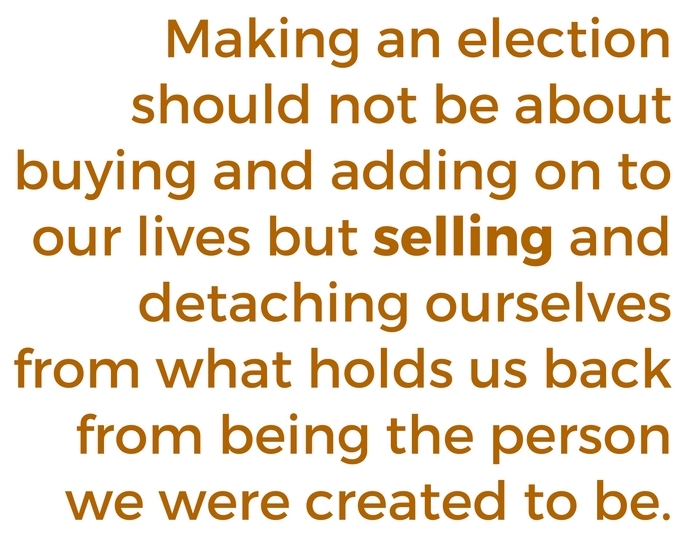 The glory of God is bound up with freedom and detachment. Making an election should not be about buying and adding on to our lives but selling and detaching ourselves from what holds us back from being the person we were created to be. Instead of asking, “What can I gain from this decision?” it might be better to ask, “What am I ‘selling’ in this decision? What is this decision freeing me from?” This is different than escape. Switching careers, going back to school, getting married, or becoming a priest should move us toward the person God made us to be, “casting off”, as it were, false masks and impediments to our true selves.
The glory of God is bound up with freedom and detachment. Making an election should not be about buying and adding on to our lives but selling and detaching ourselves from what holds us back from being the person we were created to be. Instead of asking, “What can I gain from this decision?” it might be better to ask, “What am I ‘selling’ in this decision? What is this decision freeing me from?” This is different than escape. Switching careers, going back to school, getting married, or becoming a priest should move us toward the person God made us to be, “casting off”, as it were, false masks and impediments to our true selves.
In the Spiritual Exercises the exercitant makes the election after days of meditating on the life of Christ. This makes sense when Ignatius says that one must meditate on one’s humility before making an election. He calls for humility in three ways: to obey God’s law, to be detached, and to be like Christ in poverty. At this point in the retreat the exercitant has already, in prayer, vividly seen Christ’s humility in his obedience, freedom, and poverty. Only when one is free and detached (willing to sell rather than buy) and open to God being a part of the discernment (obedience) can one move forward with an election.
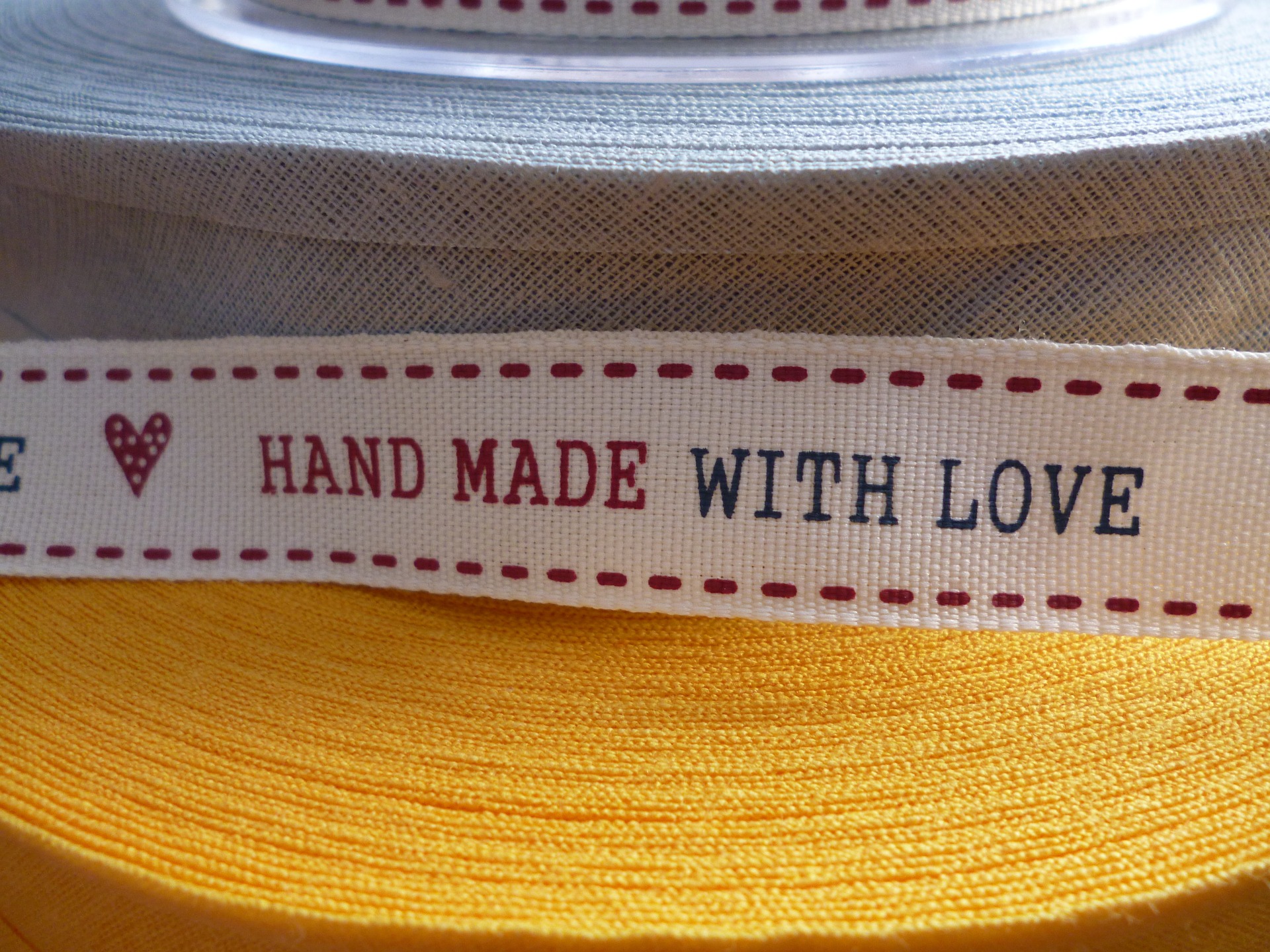 Sometimes the choices we make are done in an effort to find a false security, yet our security should come from God alone, not careless choices made on a whim. Like Jesus, each choice we make should be made in our poverty and deep need for God. He called this the poverty of spirit. Also like Jesus our decisions should be in accord with God’s own desires for our lives. Finally, Jesus was free and detached enough to refuse temptation in the desert and to break cultural norms and heal Samaritans. He sold his very life for the salvation of all. He cast off any pride or desire for power so he could fulfil his vocation in the poverty of his true self. Each election he discerned was not about his own gain, but about what others could gain.
Sometimes the choices we make are done in an effort to find a false security, yet our security should come from God alone, not careless choices made on a whim. Like Jesus, each choice we make should be made in our poverty and deep need for God. He called this the poverty of spirit. Also like Jesus our decisions should be in accord with God’s own desires for our lives. Finally, Jesus was free and detached enough to refuse temptation in the desert and to break cultural norms and heal Samaritans. He sold his very life for the salvation of all. He cast off any pride or desire for power so he could fulfil his vocation in the poverty of his true self. Each election he discerned was not about his own gain, but about what others could gain.
Our elections should be made in a spirit of self-emptying, taking the risk of casting off our masks, and humbly embracing the person we were made to be.
Listen to an audio version of this post…


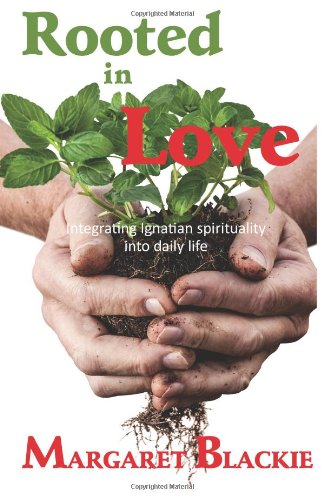

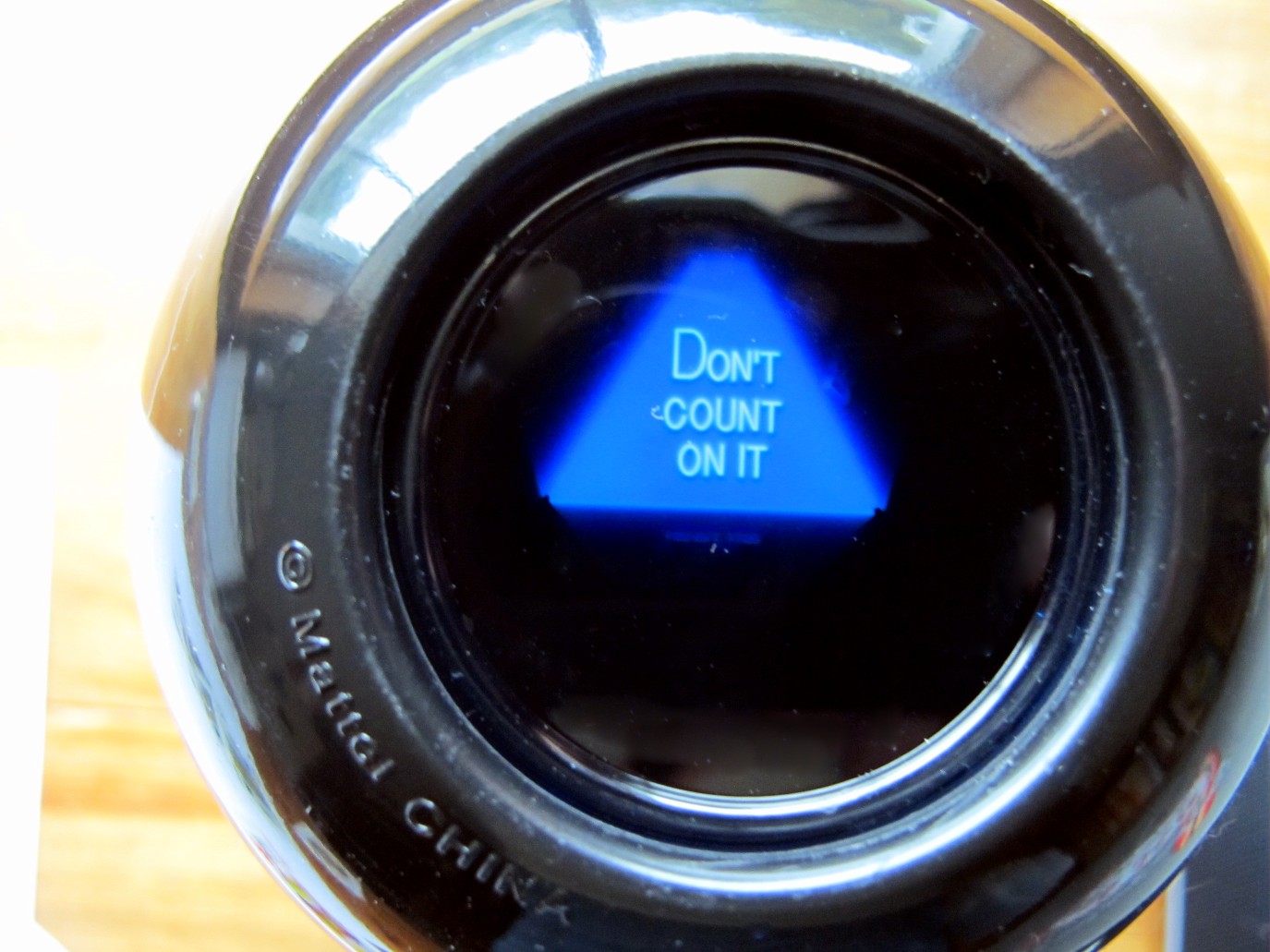




Hi Andy. Excellent article! I’m giving a retreat this weekend to young adults and will give this out. Thank you! AMDG.
*snap snap* great stuff!
Excellent.
thanks for sharing! looking into doing an election myself… this is good prep!